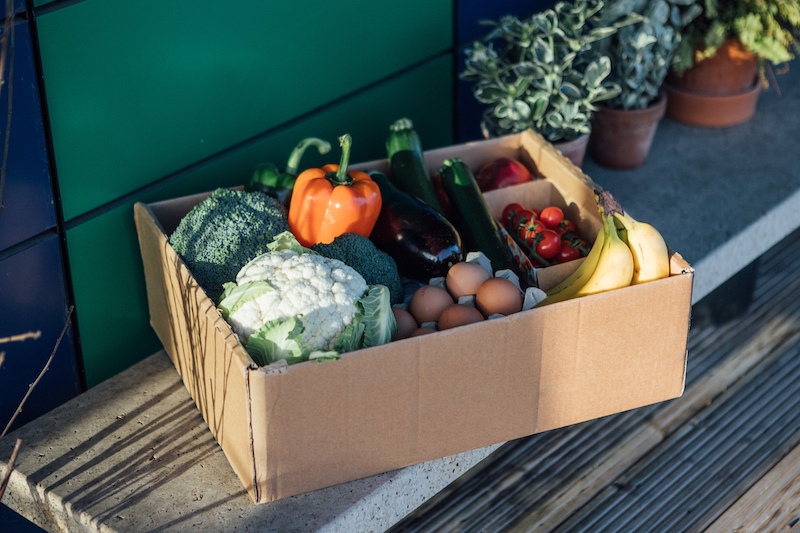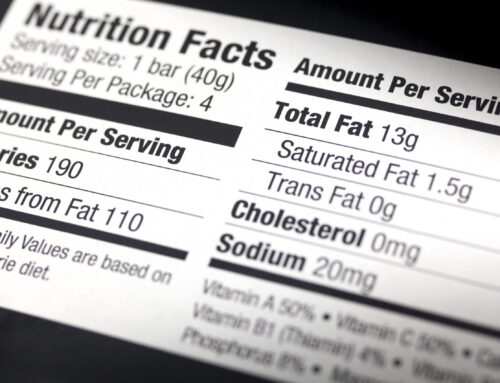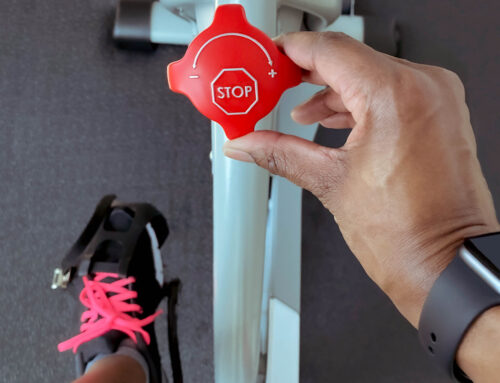Ok so with the government’s new ploy of allowing a £10 discount on meals at participating restaurants, it has already become apparent that people are doubling up on cheaper meals. Cheaper meals is a term I use loosely because in this day and age ‘cheaper’ generally means not as good as ‘expensive’, whatever the product.
There’s no easy way to tackle this subject because it creates such strong reactions across the board with a lot of people, usually because they don’t like my outlook on it. They don’t like the truth in some of the things I say and whichever person you ask, if they don’t like something I’ve said, I’m the bad guy.
Starting with the basics, if you’re over weight it’s because you consume too many calories in relation to the activity level in your life as it is right now. Fact.
The best way to help lose weight is to reduce your calorie intake, move more, or both. Fact.
Fast food, convenient food (sold at a premium for the usually processed rubbish it is), confectionary and alcohol are amongst the biggest contributors to gaining weight in the first place. This is because the nutrition within is of poor quality and comes at a high cost of calories. Fact.
When your lifestyle is pinned up with convenience foods, pre-packed goods and takeaway (to be socially cool) meals you’ll generally spend more across a month than if you planned ahead and bought quality produce in the quantities you actually required. I genuinely have had clients who meal deal 5 days per week because of work and end up with a takeaway or eat out at weekends and a few rounds at the local pub.
Now I’m not in the business of saying where or how people should spend their money. I’m purely middle manning here and pointing out that fast food has less nutrition, and more calories than it’s whole food variant. Eg, burger and chips (ground beef and potato) would probably double the amount of calories from 6oz of steak, a jacket potato and accompaniment of veg. The latter also contains more nutrition, more goodness for your body. More carbohydrates for your body to be energised with, more protein to redevelop lean muscle (which burns more calories) and sufficient amounts of fat to uphold your immune function. Also, because the latter would be a well rounded meal it will satisfy your hunger for longer. This would reduce the need to snack, cutting both the expense of snacks and the amount of calories hidden in your diet.
We hear all the time good food is expensive, but so is a funeral. So are many of the avoidable health conditions people develop over time because they slip into a lifestyle of laziness and convenience. Above all of this, the physical and financial strain obesity and associated conditions have on the NHS is obscene!
The reason quality food seems expensive is because all of the stuff that’s adding to these heath problems is ridiculously inexpensive. Soft drinks, chocolate and crisps have all been reduced in portion size because of the sugar tax, so people being people buy twice as much and eat 50% more calories just because they’ve bought it.
If good food is so expensive, how is it that 50 years ago the average income was lower, the average family was bigger, and the average person was in better shape?
Simple. People cooked more, which added quality to their diet. People cooked large batch meals which were cost effective. People were more active, thus managing a calorie/ activity balance.
Good food isn’t as high a price to pay in comparison to the health issues you could develop with cheapened convenient alternatives.
Jake.







 >
>

Leave a Reply